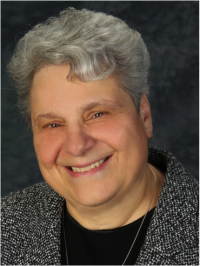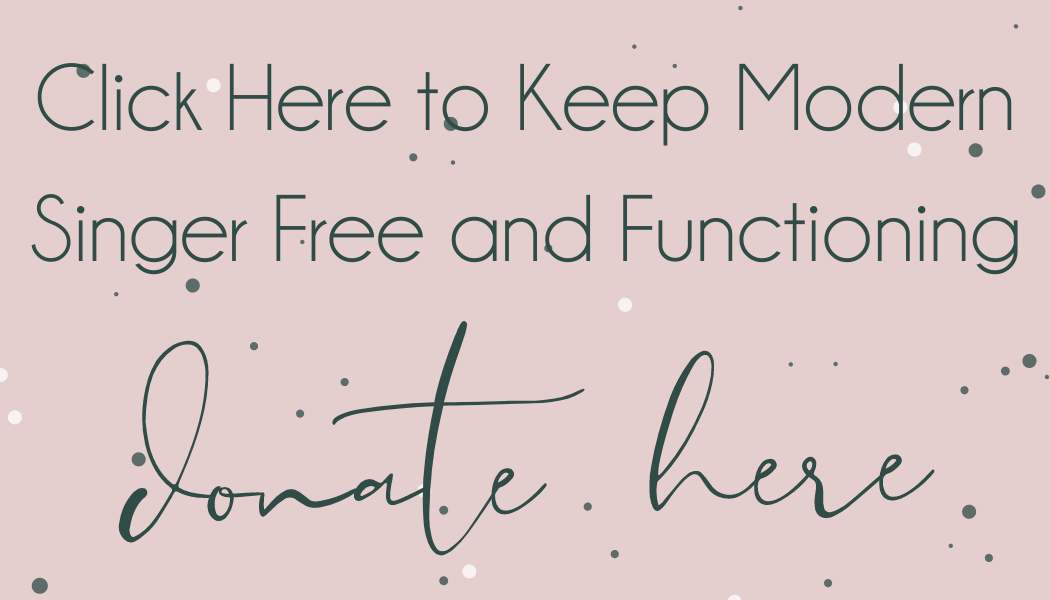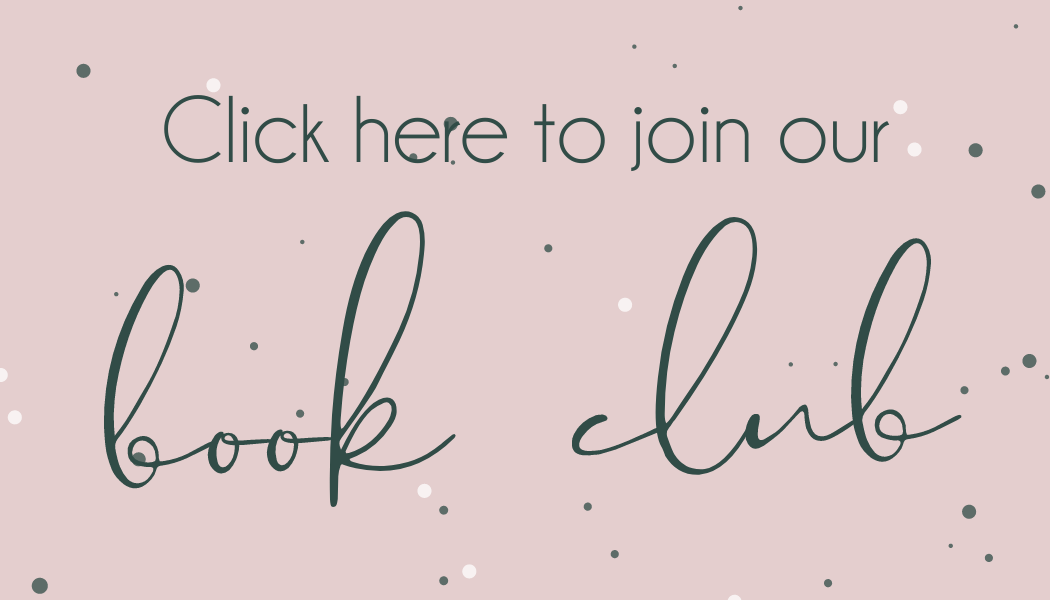Reaching Out: A Conversation About Mental Health and Stress with A Licensed Mental Health Counselor
We deal with a variety of stresses every day, but sometimes, they can be an overwhelming and negative force in our lives. How can you take back your life and cope with stress? Is it time to reach out to a professional? We talked to Anne Marie Farage-Smith, a Licensed Mental Health Counselor, about stress, coping mechanisms, and taking the first step towards therapy.
Tell us a little bit about yourself and your background.
I’m a Licensed Mental Health Counselor, or LMHC. I have a Master’s degree in Mental Health Counseling from St. John Fisher College in Rochester, New York. I have a private practice called “Counseling Connections”, also located in Rochester. I love my work and feel I make a positive impact on other people’s lives.
What does a mental health counselor do? What are the benefits of talking to a mental health counselor?
A mental health counselor provides clients the opportunity to speak about one’s concerns in a non-judgmental, confidential atmosphere. That is the main benefit. It’s not like talking to a friend. It’s quite different. With a friend, it’s a two-way interaction. With a mental health counselor, it’s about you airing your concerns.
Would you say that stress plays a big role in people’s lives?
Oh absolutely. Sometimes stress can be from a good thing such as getting married, having a child, getting a new job, etcetera... Stress is a natural part of life and you can’t get away from it. The key is learning how you deal with it in a healthy manner.
What sort of strategies would you suggest people do? What coping mechanisms do you suggest?
There are several different stress management techniques I teach people to use. I teach the importance of regular exercise, proper nutrition, breathing techniques, and establishing good sleep hygiene by limiting technology at least an hour before bed. We often have thoughts that are negative, that we need to turn into positive thoughts, and by establishing these habits we can better achieve that process. It takes practice. You can make little changes that can produce positive changes.
I also recommend cultivating an attitude of gratitude. Starting a gratitude journal can be helpful in allowing us to focus upon the positives in our lives. Find something you can be thankful for and jot that down. It takes a lot of practice, but it’s well worth it.
Learning how to be in the present moment is also important. Living in the past can bring about depressive symptoms, whereas living in the future can bring about a lot of anxiety. If you stay in the present moment, and learn to appreciate it, you’ll tend to have less stress and anxiety. Creating a quiet place in your home that you can retreat to can bring some calmness into your life. In this quiet space, you can listen to some quiet music, do some guided imagery/visualization, and practice deep breathing.
How does one change negative thoughts into positive ones? Does one need to say it out loud, or can one think it too?
Sometimes we have what we call cognitive distortions: negative thinking like “I can’t do it,” or blaming yourself for certain actions or thoughts. Those are things that distort our thinking. We need to change those negative thoughts into positive thoughts.
It’s a matter of thinking that thought and truly believing it. It also helps to have positive affirmations or mantras written down on index cards, so that we can refer to them on a daily basis. You can say, “I am a good singer and I am working at it.” You’re reinforcing the positive over the negative.
How can professional and amateur singers take advantage of counseling services? Do counselors use Skype? Phone calls? Physical visits?
There are some therapists that do tele-counseling through Skype and so on, but I personally do not. I believe that one-on-one and in person are the best kinds of therapy. Tele-counseling can be very helpful for people that do travel a lot. Ideally, you should talk to someone face-to-face first. Nothing can replace the human interaction and body language is an integral part of the assessment. Of course we’re not psychic, but we’re trained in awareness, observation, and active listening. We then ask questions based on those inferences.
There are a lot of different therapy techniques I use in helping people in my sessions, such as cognitive behavioral therapy, solution focused therapy, Eye Movement Desensitization and Reprocessing (EMDR) Therapy, and person centered therapy.
It’s really important to find a therapist that you can make a connection with and have a good rapport. That will make therapy more effective.
Would you encourage our readers to reach out to you or another LMHC in their area?
If you feel you would benefit from therapy, reach out to somebody. It’s difficult to take that first step and make the phone call, and I want to commend people for doing that. It’s hard to reach out to a stranger. But that’s the first step in getting help.

Photo: Anne Marie Farage Smith - Counseling Connections
Thank you, Anne! Learn more about Anne Marie and her practice on her website, www.counselingrochester.com
****
To learn more about Mental Health Counselors, please visit the American Mental Health Counselors of America’s website: www.amhca.org
If you think you may benefit from talking to someone, you may also reach out to your school’s counseling center or wellness program. If you’re not enrolled in school, reach out to one of these confidential resources:
-
Depression and Bi-Polar Alliance (US) - 800-826-3632
-
National Hopeline Network (US) - 1-800-784-2433 or visit www.hopeline.com
-
The World Federation of Mental Health- www.fmh.com








